|
Approximently 10% of Australians suffer from some form of learning difficulty including Dyslexia. According to 'Dyslexia Australia: 'Dyslexia literally means 'trouble with words'. It is the term used to describe difficulties with spelling, writing and reading. The challenges can come in many different forms and are not limited to reversals of letters and words, a common misconception. Dyslexia Australia's Definition: Dyslexia is the capacity to process information differently, enabling innovative thought and perception.' I have dyslexia. I was one of the fortunate ones that had the right early intervention from my mum. Not everyone is so fortunate. I recently interviewed a family where most of them have Dyslexia. The mother, Leanne, has Dyslexia, as do her two eldest daughters. The youngest is four and they won't know until she goes to school if she has Dyslexia or not. I asked each them about their experience with Dyslexia, and why they love reading and books so much. I'm sure that their answers will surprise you as much as they did me. 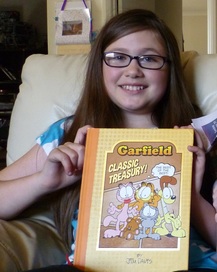 This is Emily. How old are you and what grade are you in? I’m 10, nearly 11 and I’m in Grade 5. Do you enjoy reading? Yes. I love reading. Why do you like books? Some books are interesting or funny. Others help with my studies. You have problems reading. It’s difficult. What makes you keep trying? I love reading even though it is hard. It takes me a while to finish. I read chapter books. I just get stuck into it. What have been the main things that have help you improve your reading? I have reading sheets. Having coloured paper is helpful. It makes it easier to read. What would you say to someone else your age that is finding it difficult to read? Never give up. Push on even though it is hard. Persistence pays off. "Never give up. Push on even though it is hard. Persistence pays off." Emily Lade, 10 nearly 11. What makes a good book? Adventure, mystery, comedy and facts. What makes a bad one? Boring stuff. A boring novel that makes me go to sleep reading it. What is your favourite book? Why? That's Quite Enough! by Emilie Vanvolsen The pictures are funny and it is told from the point of view of the cat. The cat really stresses like I do. What is one thing that you really good at? Painting and craft. Fun facts: I love reading. I love collecting antiques. I love collecting acorns and decorating them. Extra bits: It was good that Mum always bought me books even though for years I never read them. Now I do. 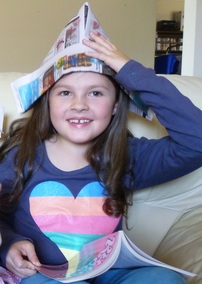 Introducing Kaitlin: How old are you and what grade are you in? I am 7 and in year 2. Do you enjoy reading? Yeah! Why do you like books? Some books have pictures. I like the ones with funny jokes or activities in them. You have problems reading. It’s difficult. What makes you keep trying? So I can get better at reading and read stories by myself. What have been the main things that have help you improve your reading? Sounding out words. What would you say to someone else your age that is finding it difficult to read? Keep on practicing and you’ll get better. "Keep on practicing and you’ll get better." Kaitlin Lade, aged 7. What makes a good book? Simple words. Nice words and a good story. What makes a bad one? If people die. What is your favourite book? A chapter book. The Kitten Club: Ziggy's Big Adventure by Sue Mongredien. I get Mum and Dad to read it to me. Why is that one your favourite? It’s about kittens and it has pictures. What is one thing that you really good at? Making people laugh. Fun fact: I own a guinea pig called Nemo. 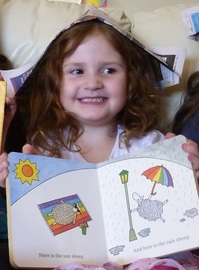 Charlotte: How old are you? I’m four and I go to Kinder. Do you enjoy story books? Yes! Why do you like books? Because they are good and when people read to you, you can learn how to read. You can look at pictures. When you are older it helps you to read. 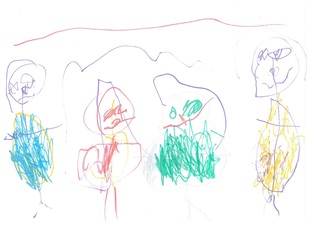 Drawing by Charlotte during the interview Drawing by Charlotte during the interview What is your favourite book? Where is the Green Sheep? (by Mem Fox) Why is that your favourite? Because you have to say, “Where is the green sheep?” It is fun to say, “Where is the green sheep.” Is there a book you don’t like? No. I usually like books a lot. What are you really good at? Drawing. One fun fact: I own a funny Buddy (their dog). Mum’s notes: Charlotte loves all books. Even chapter books. "When people read to you, you can learn how to read." Charlotte Lade, aged 4 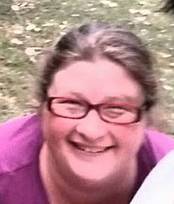 Leanne: When did you find out that you had dyslexia? I was 15. A tutor picked the dyslexia up. My parents went to the school and the information was disregarded. The school advised my parents that I had received all the learning that I was going to get. I was was just kept getting told, "Try harder." So my parents sent me to another school and I repeated year 9. It was a better year. Year 10 was good too. But I didn't want to be helped. I didn’t want to be different or anything. I wanted to fit in. So, I didn’t acknowledge it (the dyslexia)or anything. It went downhill from there. How did having dyslexia affect your schooling from that point on? It smashed my confidence and self-worth. I was never good enough. Even though my mum and dad said that I could be anything I wanted to be. That I was smart. If on every report you get, "You are not trying hard enough," you give up. Alcohol and drugs gave me confidence, a way to fit in. We all had something in common. The alcohol and the drugs. Still, I ended up feeling suicidal. Art was one way that I used to deal with my feelings, especially when I was at home. What is it like having dyslexia as an adult? It’s much the same as when you are child – frustrating as all heck! You struggle to do basic things like paperwork, or even reading notes from the school, or even reading street names, phone numbers and reading maps. For me, I avoided glasses until I was 39. Having the glasses makes a huge difference. Did you own a book that you always wanted to read and never could because the thickness of it was too overwhelming? Yes! Shelves and shelves of them. I just wanted the words to fall into my head, wishing that I could read them. I dreamed of reading War of the Worlds and Lord of the Rings. Though I could manage the Choose Your Own Adventure books. What do you think would have helped you read those books? Knowing what I know now (about dyslexia). It would be great if the books were printed on cream paper and double spaced. Listen to audio books. Fact books are easier as you can guess by shapes of words what the word is. Also covering the text below the line you are reading. I surround myself with books. My dad always said that books were important and to respect them. "Books are important. Respect them." Mr Belcher. Leanne's dad. What challenges do you face as a mum with school aged children? A lot of misinformation in the community about what dyslexia is. It is real and we are not making it up. Sometimes I feel like such an idiot when I am talking and I mix words up in a sentence and I don’t make sense. I also found it a real challenge to do the girls readers with them. I actually tried to avoid doing the readers with the girls like I avoided reading at school. It seemed to come down to effort. I felt I was slack. But the reality was that I just could not do them. What has helped? Validation: that what is happening to me is real. I have found that educating myself about dyslexia has been liberating. Also, facing that I have dyslexia and doing something about it. I do it for my girls. I think another thing has been having a supportive network; having a supportive school, a supportive community. Having a husband that is not dyslexic has helped too. He has read to the girls since they were babies. I have always made sure that the girls have had books, and lots of different types of books. I want to honor the girl's school, the teachers and the various people who have taken an interest in the girls and have helped them. They wouldn't be where they are today without them. What advice would you give to other parents/caregivers that are worried about their children, either because they seem to either: a) be struggling at school or b) they have been diagnosed with Dyslexia or another learning disorder? Please, lay the pressure off your kids. Don’t say, “Try harder!” They are trying very hard. Keep in contact with your school. Be persistent. Think outside the box (when it comes to learning). Make things fun. Play games. There is more than one way how to do things. Find out what way that you learn. Then find out what way your child learns and learn that way. Recognise that it is not their fault. No one is to blame. They are fine. Push for help. Don’t rule anything out. Get your child’s eyes checked by a behavioural eye specialist. "Think outside the box (when it comes to learning). Make things fun. Play games. There is more than one way how to do things." Leanne Lade What is one thing that you really good at? Looking at things differently to others. Fun facts: I love lego. I love Star Wars. I love board games and sharing them – from UNO to strategy games to co-op games. I have learnt over 150 games in the past sixteen months. Extra: Eighteen months ago, I wanted to feel connected with my husband, my kids and to connect with other people. I discovered board games. Not the usual games. Games that build and not destroy. Games that encourage, not dominate. I am now sharing and teaching these games to anyone who will listen. Encouraging people to connect with each other and have fun as family and friends. I'm just started helping out the kids school, teaching them basic games and having fun. It's been a pleasure and assuring a new beginning of a lifetime of learning, dyslexia or no dyslexia. With International Read to Me Day coming up on the 19th March 2016, this family has shown the importance of reading to your children daily from the time they are babies. Stephen and Leanne have instilled the love of reading and the love of learning in their children. It shows in the way they speak about the difficulties they face and the way they are overcoming them, and in the way the speak about the books they love. (Don't ask them to pick one. It ends up a pile) I hope that this has given at least one person who has Dyslexia or another learning disorder, hope. And in the words of a very wise 10, nearly 11 year old, Emily Lade, "Never give up. Push on even though it is hard. Persistence pays off." If you think that either yourself or a family member may have dyslexia, or you would like to know more, contact Dyslexia Support Services.
6 Comments
Anny Reed
7/3/2016 05:52:24 am
Thanks so much for this inspiring insight.
Reply
Megan Higginson
7/3/2016 07:12:26 am
You are welcome Anny. Thank you for checking out my blog. I hope that it has brought some understanding of the difficulties that people with dyslexia and other learning disorders, face. And also that it has given others hope that, with the right intervention and help, that they too can one day enjoy reading.
Reply
Jacqui Johnson
10/3/2016 10:32:02 pm
As an individual who loves to read and as a teacher who attempts to instill a love of reading and literature into children lives, I am both encouraged and inspired by this story. Awesome!
Reply
Megan Higginson
11/3/2016 08:32:55 am
Thanks Jacqui Johnson for popping by my blog. I'm so pleased that this story has inspired you. I hope it will inspire many others.
Reply
Elysha
20/3/2016 09:47:06 pm
I taught Kaitlyn last year. The Lade's are a wonderful family. It was great to read this. I know that Kaitlyn has been improving and working hard this year. I miss teaching her. She is a bubbly, funny and kind loving girl. Emily and Kaitlyn you have some great advice. Keep reading and always do your best!
Reply
Megan Higginson
20/3/2016 09:51:24 pm
Thanks for dropping by my blog, Elysha. The girls were great to interview. They are so much fun and love books so much. I am so glad that they won't give up and they keep trying, no matter what.
Reply
Your comment will be posted after it is approved.
Leave a Reply. |
AuthorOn my blog you will find: Categories
All
Click to set custom HTML
|
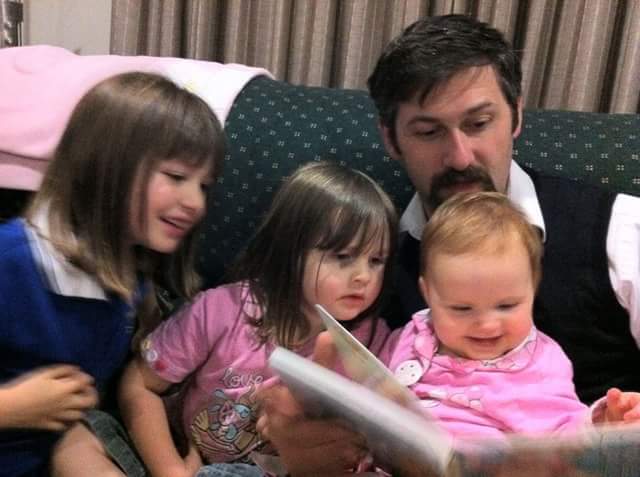
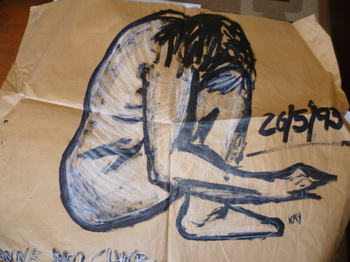
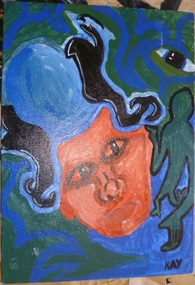
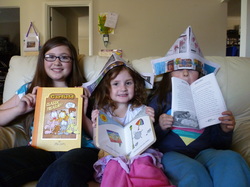
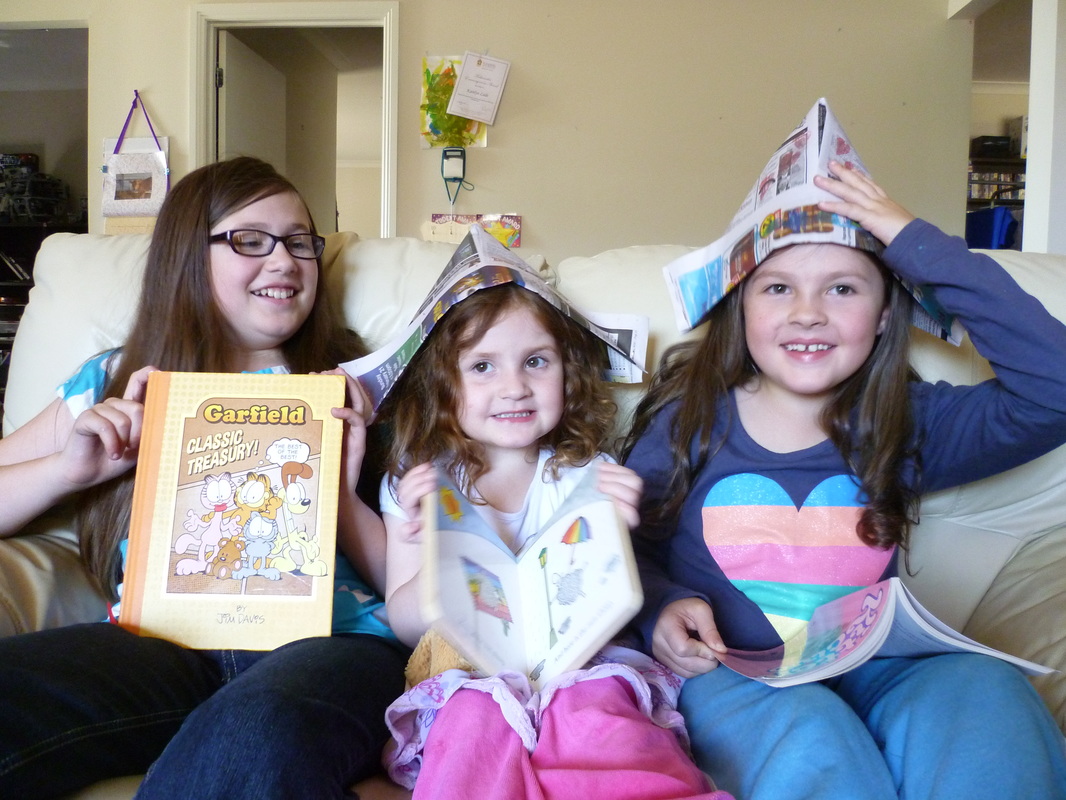
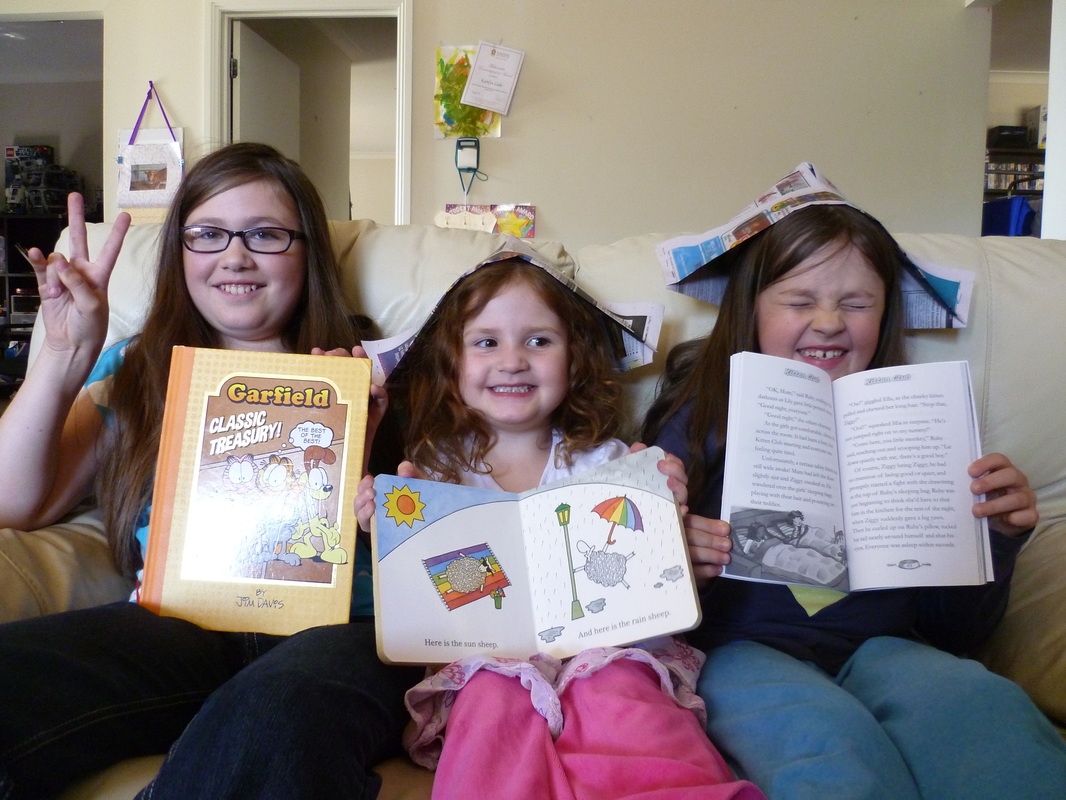
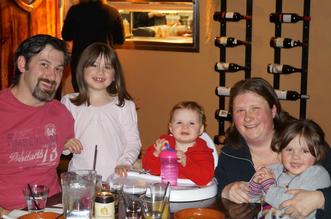
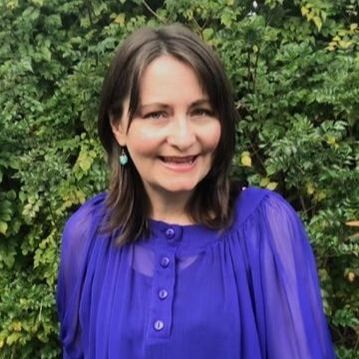
 RSS Feed
RSS Feed